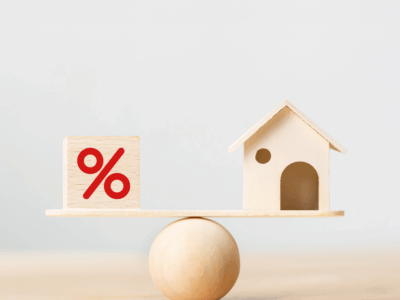Berkeley’s full-year revenue rose 8.6% to £2.6bn as the group sold 7.5% more homes than in the prior year.
Inflated costs and broadly flat average selling prices, reflecting the mix of properties sold, meant that the operating margin declined 1.3 percentage points to 20.3%.
Pre-tax profit rose 9.5% to £604.0m, in line with guidance issued at the start of the financial year.
Net cash increased from £268.9m to £410.4m as the group reigned in its land spending.
Berkeley reiterated its guidance for £1.05bn of pre-tax profits across the coming two financial years, weighted slightly towards the current year.
The Group tells us that build cost inflation has peaked and is beginning to moderate.
Through a combination of share buybacks and dividends, the group plans to return £141.4m to shareholders in the six months to the end of September, with £35.2m of this so far completed.
The shares fell 2.2% following the announcement.
Aarin Chiekrie, equity analyst at Hargreaves Lansdown:
“Berkeley delivered a solid set of results despite the housing market sitting on shaky ground.
The group sold more houses in the period and pricing remained resilient across the group’s London-focused operations, helping pre-tax profits to rise higher. However, recent data from Halifax has shown the first annual decline in average UK house prices since 2012, which could put pressure on Berkeley’s top line going forward.
On top of that, high interest rates are causing a relative lack of urgency among new buyers.
That means controlling costs and maintaining margins will be a key priority from here, with analysts expecting profit to fall in the coming years.
Because of the uncertainty in the current market, Berkeley’s reigned in its land spending.
And careful matching of supply with demand has resulted in net cash coming in above £410m – a roughly 50% jump on the £269m seen in the prior year.
That should help to cushion the potential impact of lower sales in the near term.
Looking at the bigger picture, domestic and international demand in the key London market remains robust, and the housing supply shortage doesn’t look to be going away anytime soon.
Conditions are expected to remain tough in the short term, and could certainly get worse before they get better.
But some of that caution looks to be priced in, with the valuation sitting below the long-term average.”























Comments